Our bodies are vulnerable to virus invasion. These viruses will replicate in our bodies and increase the number, so diseases will appear in our bodies. COVID-19 is a DNA virus, which will seriously harm the respiratory system. Now vaccination is an important measure to prevent COVID-19. What should COVID-19 not eat?
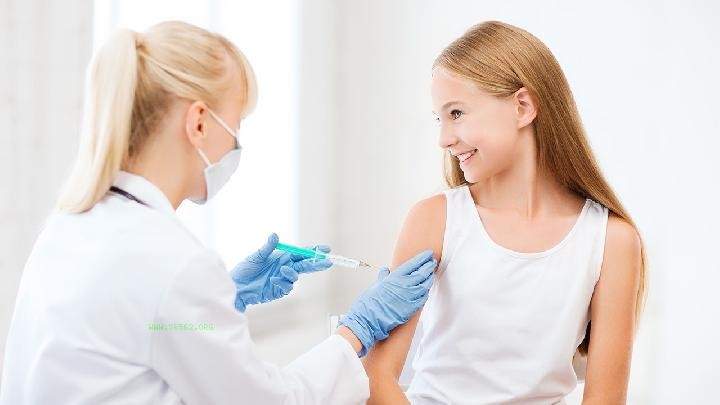 What can't be eaten for COVID-19 vaccine
What can't be eaten for COVID-19 vaccineDon't drink alcohol within one week after finishing COVID-19 vaccine. In addition, don't eat spicy, stimulating, greasy and indigestible food, such as chili, ginger, garlic, fat meat, etc., and don't eat fried, barbecued and cold drinks. Of course, seafood, strong tea and coffee should also be eaten less at this time.
There is still a dietary taboo after COVID-19 vaccination. Eating the above foods after vaccination may increase the incidence of adverse reactions of the vaccine, and even affect the vaccine to play its immune defense role. At this time, the diet is mainly light and digestible food.
Allergy occurs after COVID-19 vaccination, and our country has developed a treatment process for allergic reaction after COVID-19 vaccination. Mild allergic reactions, such as skin symptoms, usually occur within minutes to 30 minutes after vaccination, mainly manifested as acute urticaria like rash, and can be treated with antihistamines. If there is an acute severe allergic reaction, such as shortness of breath, dizziness and fatigue, low blood pressure, or even coma, medical staff will immediately provide rescue treatment such as adrenaline. For patients who have been successfully rescued in the initial stage, continuous observation should not be less than 24 hours.
However, it should be noted that some patients may experience allergic symptoms a few days later. At this time, they should seek medical treatment promptly and not take it lightly. Pay more attention to rest, drink more water, enhance physical exercise, and improve the body's resistance.
What to do after COVID-19 vaccine allergy
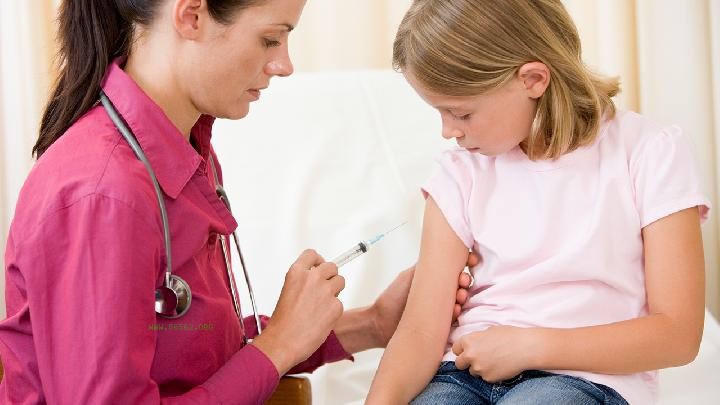 You can eat eggs after COVID-19 vaccine. The exception is for patients who are allergic to eggs before COVID-19 vaccination.
You can eat eggs after COVID-19 vaccine. The exception is for patients who are allergic to eggs before COVID-19 vaccination.Before and after the vaccination of COVID-19 vaccine, it is necessary to ensure good nutrition, take sufficient carbohydrate, protein and other nutrients, improve the autoimmune ability, and reduce the possibility of adverse reactions in patients. Eggs are rich in various proteins and are a very nutritious food. Therefore, eggs are suitable for consumption after COVID-19 vaccination.
According to the current evidence-based medicine, the vast majority of patients will not have obvious fever and fever symptoms after the vaccination of COVID-19 vaccine, and they are often a small number of patients or a small number of patients. Generally, in cases of low immunity or immune system dysfunction, fever may occur, but this probability is very low.
Generally, for people with low immunity, or for some special component of the relevant vaccine, if there may be a history of allergy, they will have fever within a short period of time after receiving the COVID-19 vaccine. However, this type of fever often has a low temperature, usually around 37.3 ℃, and generally does not exceed 38 ℃. The fever in this situation may be related to the patient's immune system.
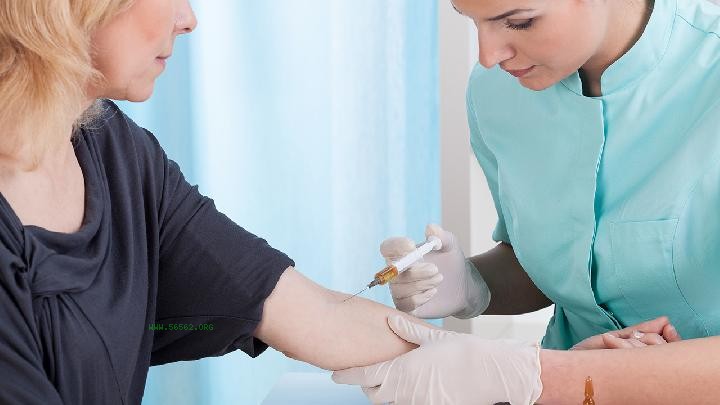

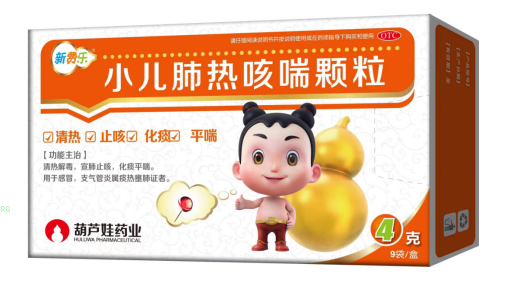
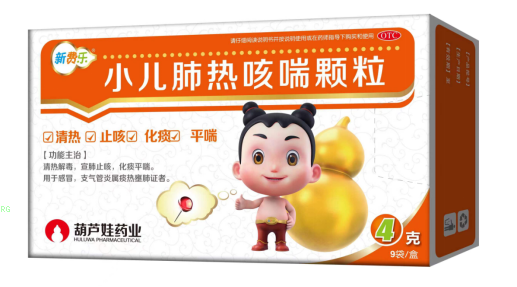
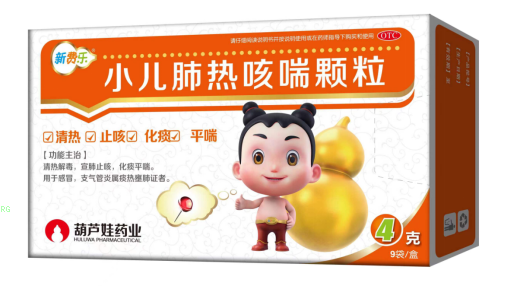


Comments (0)
Leave a Comment
No comments yet
Be the first to share your thoughts!